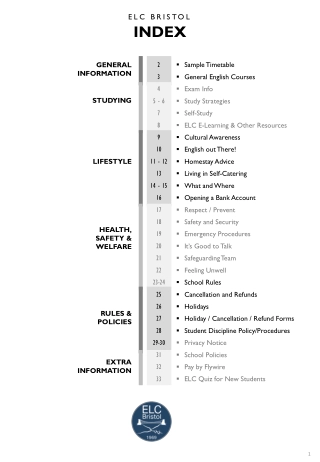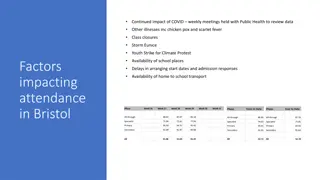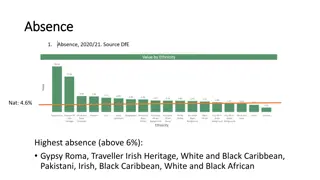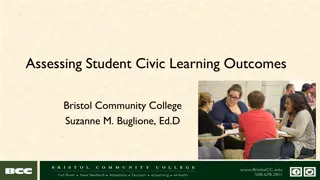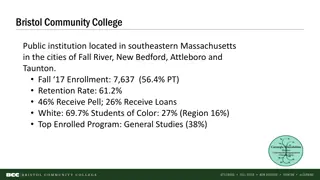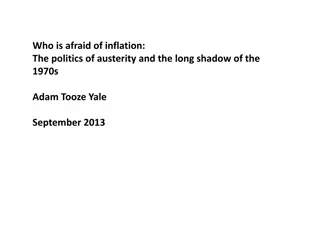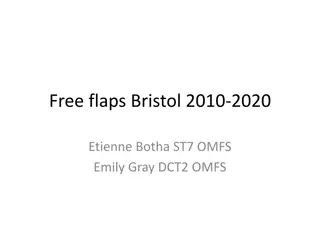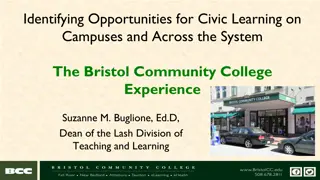
Evolution of Economic Thought from Phillips Curve to the Lucas Critique
Explore the historical progression of economic theories and policy frameworks from the Phillips curve estimated on US data in the 1950s to the Lucas Critique of technocracy. Delve into sociological inquiries on inflation, social structures, and the complexities of economic decision-making.
Download Presentation

Please find below an Image/Link to download the presentation.
The content on the website is provided AS IS for your information and personal use only. It may not be sold, licensed, or shared on other websites without obtaining consent from the author. If you encounter any issues during the download, it is possible that the publisher has removed the file from their server.
You are allowed to download the files provided on this website for personal or commercial use, subject to the condition that they are used lawfully. All files are the property of their respective owners.
The content on the website is provided AS IS for your information and personal use only. It may not be sold, licensed, or shared on other websites without obtaining consent from the author.
E N D
Presentation Transcript
Phillips curve estimated on US data, 1950-1970
The caricature of hydraulic Keynesianism Bill Phillips LSE, 1949 Money National Income Analogue Computer MNIAC
High-Tech the Econometric Matrix of global policy coordination in the 1970s: the Penn- OECD/UN LINK model
(T)he ambition of any sociological enquiry must be to go further it must be to investigate how inflation, understood as the monetary expression of distributional conflict, is ultimately grounded not in error, ignorance or unreason but rather in on-going changes in social structures and processes. And moreover, once such changes are established as analytically basic, the goal and potential of sociological analysis should then be to show how the actions of rank- and-file employees, union leaders, governments etc are, if not rational in the economist s sense, still intelligible: that is to say, express a logic which is adequate form the actor s point of view, in the situation in which he finds himself, and which at the same time is apprehensible by the outside observer. Goldthorpe 195
in order to understand the relationship between economic quantities in terms of which the problem is defined, one must understand the underlying, generative, relationships between social groupings and that these will themselves present further problems of a kind which are not open to merely technical resolution in the light of economic science. Goldthorpe, 212 Relationship of quantities Defined problems Merely technical Economic science epiphenomenal Relationship of social groupings Understand underlying generative Sociology foundational V.
The Lucas Critique of technocracy The theory of economic policy (Tinbergen)
Lucas on the impossibility of scientifically arbitrating between rules and authority: the preference for rules versus authority in economic policy making suggested by this point of view, is not, as I hope is clear, based on any demonstrable optimality properties of rules-in-general (whatever that might mean). There seems to be no theoretical argument ruling out the possibility that (for example) delegating economic decision-making authority to some individual or group might not lead to superior (by some criterion) economic performance than is attainable under some, or all, hypothetical rules the point is rather that this possibility cannot in principle be substantiated empirically. The only scientific quantitative policy evaluations available to us are comparisons of the consequences of alternative policy rules.

